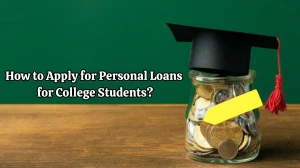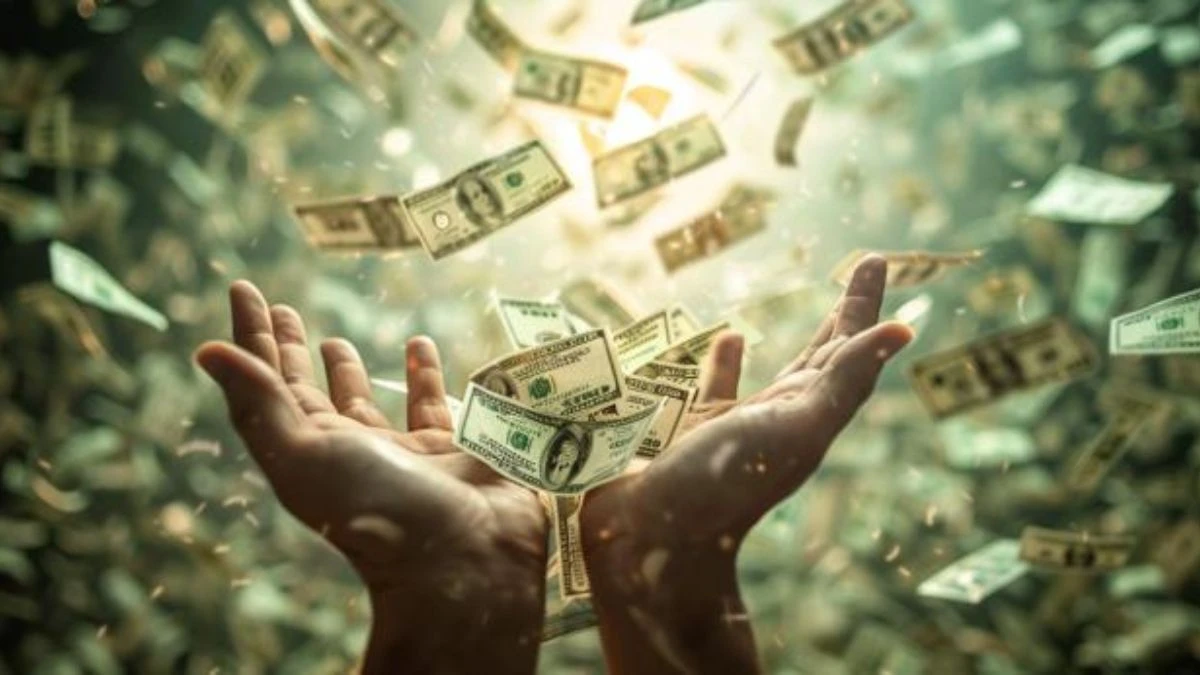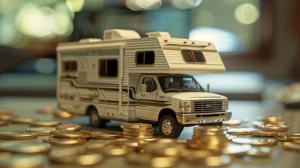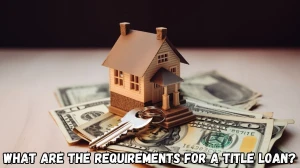
What is an Unsecured Loan? How to Apply for Unsecured Loan?
Unsecured loan does not require any collateral or asset backing; instead, it is purely based on the loan recipient's credit score and income level.
by Damodharan N
Updated Jun 13, 2024
On This Page
What is an Unsecured Loan?
The unsecured loan is a type of loan that does not require any collateral or asset backing; instead, it is purely based on the loan recipient's credit score and income level. They are also known by other names, such as signature loans, good faith loans, or character loans.
This loan is offered by institutions like banks, credit unions, and online lenders. They are sought after by people who don't have physical assets but rather good credit scores and a stable source of income. People who have a better credit score will get better loan terms and the lowest interest rates.
How to Apply for an Unsecured Loan?
To apply for an unsecured loan, the foremost criteria are the loan recipient's creditworthiness and a steady source of income if both criteria are fulfilled. Then it's easy to get the loan with much ease and no trouble whatsoever.
Sometimes banks and institutions offer personal loans to a person if they achieve the threshold income level and credit score level on demand. They also need to have a better debt-to-income score. Before applying, check the detailed qualifications in a range of areas.
- A credit score range of 610–640 is normally eligible; if you have a score range above 720, you can get the loan with a highly competitive interest rate in that range.
- As we just mentioned, a steady source of income and cash flow are vital for this loan. As the loan will be given based on the repayment capacity purely based on income, that’s why the DTI (debt-to-income ratio) is vital. Supposedly, this ratio will be at 36%, but some institutions prefer it to be at a lower level.
- Having the complete W2S tax and wage statement makes it easier for the banks to calculate the source of income and DTI when accepting the loan application.
- After successfully submitting the application, either online or in person, it may take one day or more, depending on the institution to which you are applying.
Types of Unsecured Loans
Unsecured loans come in two broad categories: term loans and revolving loans.
While term loans are like installment loans, they don’t have collateral backing. There are two types of loans in this category: personal loans and student loans. In the revolving loan category, credit card loans and lines of credit come in. We will learn about these loan types in a brief manner.
Personal loans
Personal loans are a kind of character loan. This loan is offered solely on the basis of a credit score above 600. If you are in the 700s and above, you will easily get this loan without any problems. This loan is used for emergency expenses like medical and disaster-stricken rebuilding of homes if they do not have home insurance that doesn't cover the disaster in their coverage.
Student loans
Student loans are offered by both the government and private institutions in an unsecured manner. They don't require any collateral; if the students do not repay, the money can be recouped via tax return through the appropriate agency. Student loans have shorter terms due to their early recovery.
Credit Card loans
Credit card loans are a revolving type of loan in which the user can spend the loan to repay it and spend it again, like a looped train on track. They are also not backed by collateral. But then there are some credit cards that do require collateral; most of them offer non-collateral-based credit cards.
Line of Credit
The line of credit is given based on the creditworthiness of the person. This loan is primarily used by someone who has unbudgeted spending or has a stable source of income. This is offered by the banks so that people can borrow up to the given limit and repay the interest on the money borrowed.
What is the Role of Unsecured Loans in our Financial Lending Market?
The role of unsecured loans in our financial lending market is to make people more readily accessible to the liquidity of money so they can make use of it in a way they can pay their bills or improve their livelihood.
These loans help people spend in a discretionary way, which is different from asset-backed loans. Most unsecured loans would offer personal loans, and they had the biggest market share after the 2008 financial crisis.
In the fourth quarter of 2023, the number of people in the US alone who have personal loan debts will be 23.5 million, which is approximately 1% growth from the previous year. The number has been growing since the initial drop of the COVID-19 year, in which 19.3 million people have personal loans.
With so many people actively participating in the lending market, the US government enacted the Equal Credit Opportunity Act of 1974 to prevent active discrimination on the basis of race, gender, sex, and other areas of discrimination.
This act over the decades prevented the institutional discrimination of the people and gave them a shield from social prejudices.
Benefits of an Unsecured Loan
- There are easy ways to get access to liquid money if you have a better credit score.
- The unsecured loan does not require collateral, so in the event of default, you won't lose the assets.
- They allow users to spend in a discretionary way, which can be difficult for some loan terms.
- It is one of the easiest ways to engage with the financial market for people who don't know the stock market.
- It is highly used by people whose income is just above the competitive range enough to get the loan and spend on discretionary things like medical and education.
What is an Unsecured Loan - FAQs
1. What is an unsecured loan?
An unsecured loan is a loan that doesn't require collateral and is based on your credit score and income.
2. How do I qualify for an unsecured loan?
You need a good credit score, a steady income, and a low debt-to-income ratio.
3. What types of unsecured loans are available?
Personal loans, student loans, credit card loans, and lines of credit.
4. How long does it take to get an unsecured loan?
The Approval can take from one day to several days, depending on the lender.
5. What happens if I default on an unsecured loan?
Your credit score will be negatively impacted, but you won't lose any collateral.




